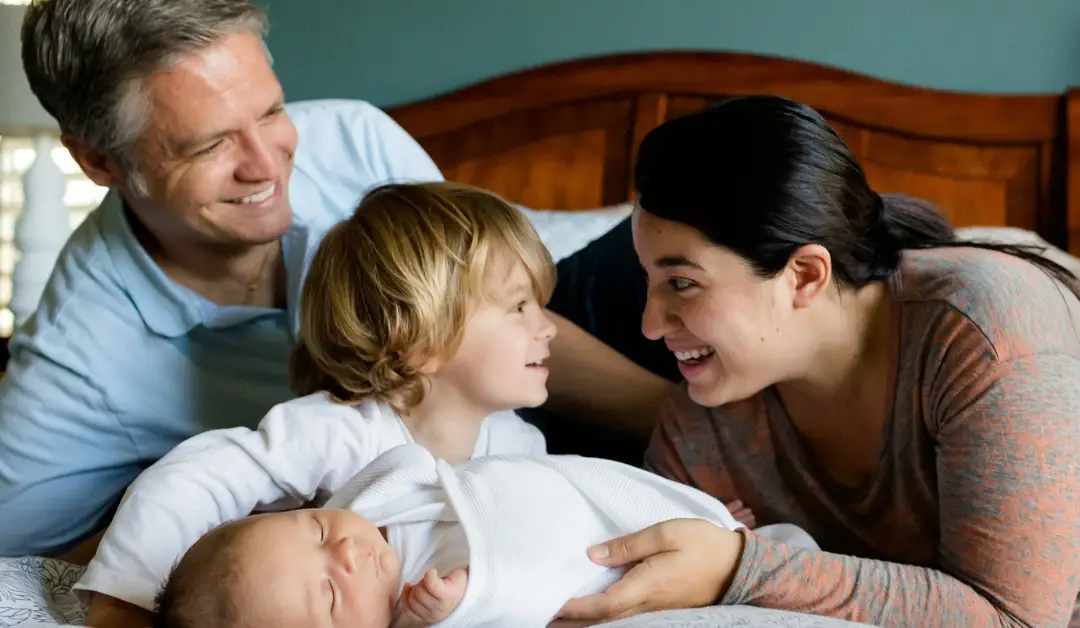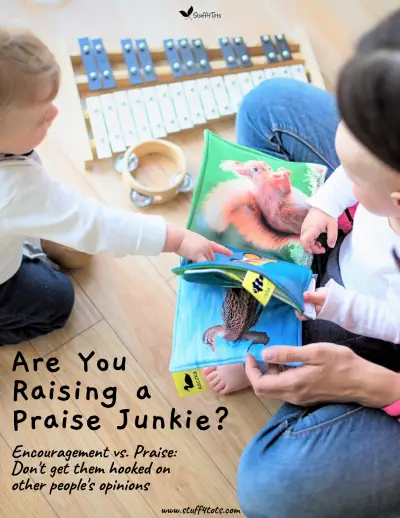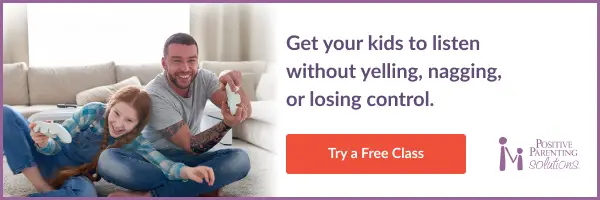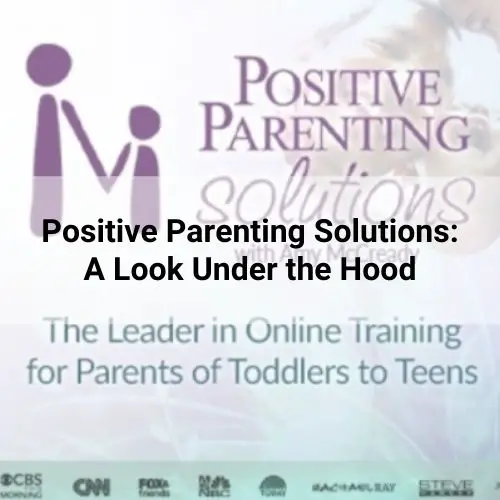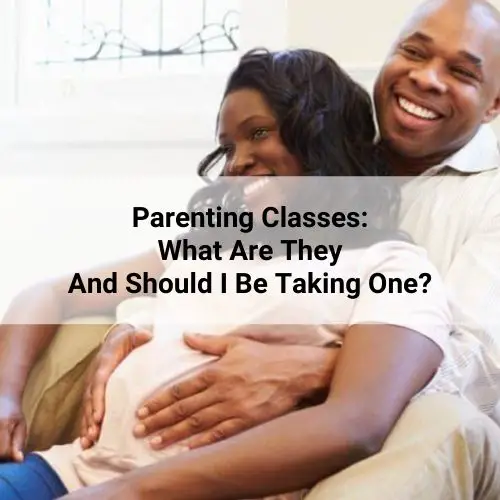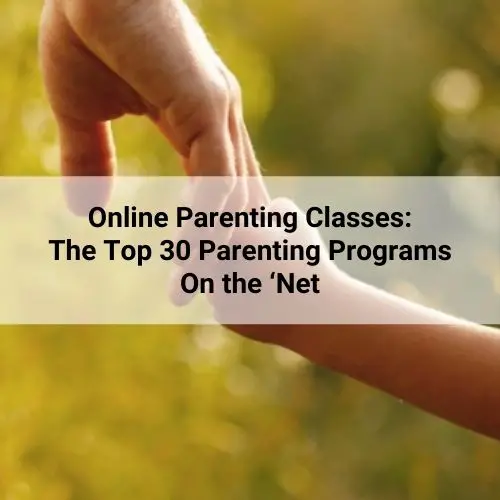Table of Contents
Why it’s critical to understand the difference between Praise and Encouragement
“Praise” and “Encourage” are often used interchangeably in modern English but there is a subtle, but very important, difference.
The Marriam-Webster dictionary defines Praise as “to express a favorable judgment of“.
Encourage is defined as “to inspire with courage, spirit, or hope “. Literally, to fill with courage.
These two definitions are telling – at the root the difference, is Judgment vs Courage.
Don’t get me wrong I’m not coming down on praise as being a bad or negative thing. Far from it. But what, as a parent, is important to bear in mind is that praise is an external, temporary motivator. Encouragement gives your child the ‘courage’ from within. To self-start. To feel pride in themselves.
Which is best for positive parenting?
Examples of Encouragement versus Praise
Praise often praises the ‘doer’. For example, “you are such a good boy”. That’s fine if your son is being good right now but what if he does something mean to his sister in ten minutes time? How can he suddenly change into a “bad boy”? He was “good” a minute ago….
Encouragement on the other hand praises the deed. “Thank you for setting the table”. This reflects on the action not the inate characteristics of the boy. So if he’s mean to his sister ten minutes later, well, the action of setting the table was still a good thing.
Praise is often connected to an end result or outcome. “Well done on getting an ‘A’!!!”. And, of course, we’re all pleased she’s got an A on her test. But what about next time when she only gets a B? Has she failed now? Maybe this test was a lot harder. Maybe she was worried about something. All of a sudden the praise is a stress and a demotivator…. she’s got to get another A or she’s a failure…
Encouragement, on the other hand, praises the effort not the end result. So “well done on getting an A” becomes “well done on all the hard work you’ve put in” or “I bet you’re really proud of your effort on this test”. That way, if they dip a little next time they can still feel proud of themselves – provided they did actually put the effort in of course.
Praise is an external motivator and, because of that, it becomes a temporary, fleeting high – gone when the praiser is not around.
Are you looking for educational toys for your toddler? Check our recommended educational toy on Amazon.
Encouragement (remember ‘to fill with courage’) is an internal motivator and validator. Kids are impressionable and easily led by peer pressure. How much safer and stronger will they be in later life if they learn to live their lives by an internal moral compass – rather than fickle external validation?
The video below is from a study by Dr. Carol Dweck of Standford University. Her research sums up the benefits of encouragement perfectly:
“Emphasizing EFFORT gives a variable a child can CONTROL. (It doesn’t matter where I am today, with effort and perseverance, I can improve). They come to see themselves as in CONTROL of their success. Emphasizing natural INTELLIGENCE takes it out of the child’s control and provides no good recipe for responding to a failure.”
Praising children is not a “bad” thing
So, praise is not a bad thing. (Like, it doesn’t make you a helicopter parent or anything.) We all love praise and positive feedback after all and who could resist that proud smile on your little girl’s face when she’s just managed her first cart-wheel!
Just think about how you can reword your praise to become encouragement. How can you phrase your words to become internally motivating and not an external validation.
To help you we’ve put together a little e-book with a selection of encouraging phrases and more background on how positive encouragement and praise can be used to foster a ‘growth mindset’ in your family life and in your children.
Click here or on the image below to download it for free.
If you’d like to learn more about how you can encourage positive parenting habits using techniques like encouragement versus praise we highly recommend you check out the Positive Parenting Solutions course by Amy McCready.
Or, right now, Amy is offering a free parenting webinar covering topics like this. Check it out with no obligation by registering for the webinar here or click the image below.
We’re all just trying to get through 2022 as a family as best we can. A little encouragement (and even a little bit of praise) goes a long way.
Related Articles:

Jillian Robinson (RN)
Jillian is a registered nurse and mom of two. Her eldest being a teenager and her youngest a toddler. The wide spread of ages, coupled with her medical background, give Jillian a unique insight into the challenges and joys families and parents face at each stage of life's journey.
